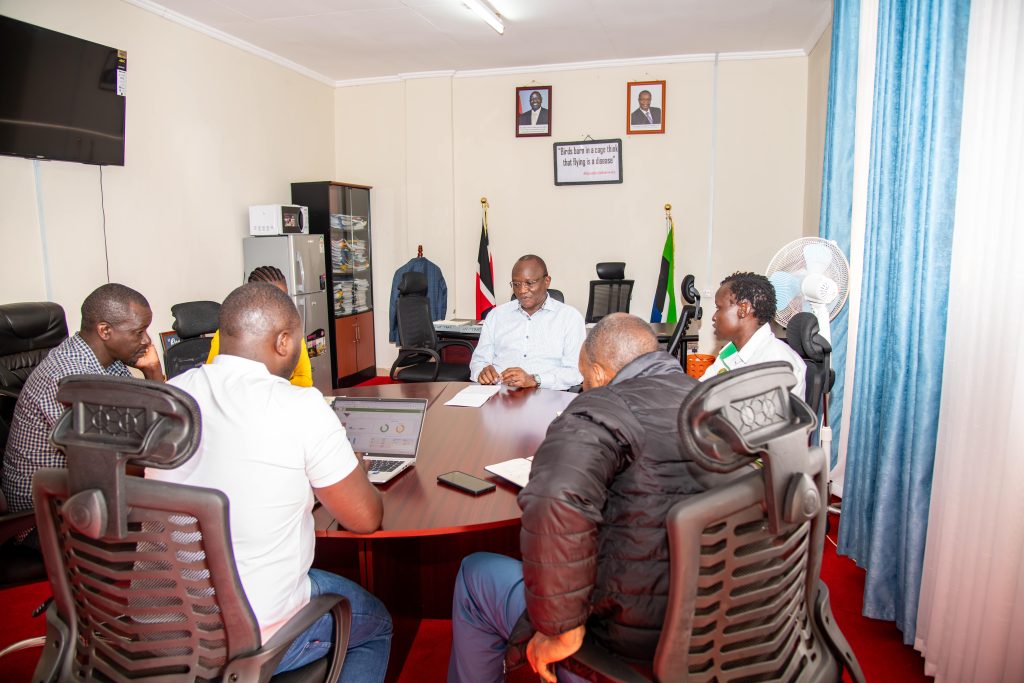Busia County Leadership Commits to Strengthening TB Response During National Technical Assistance Visit

The National Tuberculosis (TB) Program is undertaking a technical assistance mission in Busia County as part of ongoing efforts to strengthen TB prevention, diagnosis, and treatment across priority counties. The visit, led by Mr. Wesley Tomno, Care and Treatment Coordinator at the National TB Program, brought together county health leaders, health workers and partners to review performance, identify gaps, and chart the way forward in TB management.
During the entry meeting, Busia Deputy Governor H.E. Arthur Odera, who also serves as the County Executive Committee Member for Health and Sanitation, reaffirmed his government’s commitment to the fight against TB.
“We will give our full support to ensure that active case finding is intensified in every sub-county. TB is not just a health issue but a community issue, and my office will work closely with the county health team and the National TB Program to ensure every patient is reached and supported,” said Mr. Odera.
Mr. Wesley Tomno emphasized that the technical assistance mission is focused on strengthening core areas of TB care including active case finding, contact management, treatment outcomes, and infection prevention and control.
“TB is an infectious diseas and how we manage it at facility and community level will determine the progress we make. We are looking closely at screening, diagnosis, patient follow-u, and access to commodities. Working hand-in-hand with county teams, our goal is to close existing gaps so that no patient is left behind,” said Tomno.
Busia County TB and Leprosy Coordinator Mary Asoyong highlighted both progress and challenges in the county’s TB response.
“We have made gains through the use of new diagnostic tools like GeneXpert, but gaps remain in areas such as community referrals, drug-resistant TB surveillance, and integration of TB and HIV services. With this technical support, we are keen to strengthen facility-level and community-level interventions to meet our targets,” she said.
The County Director of Health Dr. Joseph Oprong underlined the importance of leveraging community health promoters (CHPs) and ensuring stronger data use and accountability mechanisms.
“Busia has more than 2,100 CHPs who are on both national and county payrolls, and they are a critical frontline in finding missing TB cases. We must empower them to conduct community sensitization and referrals, while ensuring our monitoring and evaluation systems and statisticians provide timely analysis of TB data to guide interventions,” said Dr. Oprong
He also noted the need for resource mobilization to support diagnostics and commodities.
“We must act urgently on the gaps identified. As a county, we will work with the National TB Program to strengthen laboratory capacity, improve commodity management, and advocate for resources such as power backups for diagnostic machines so that service delivery is not interrupted,” he added.
Busia County has an annual TB case notification target of 1,650, but progress is hindered by challenges such as porous cross-border movement, high TB/HIV co-infection rates, and limited diagnostic infrastructure. Similar technical assistance missions are also being conducted in Garissa, Narok, Kisumu, and Mombasa, with each visit set to culminate in joint feedback sessions to identify priority actions for strengthening TB outcomes in the counties.
